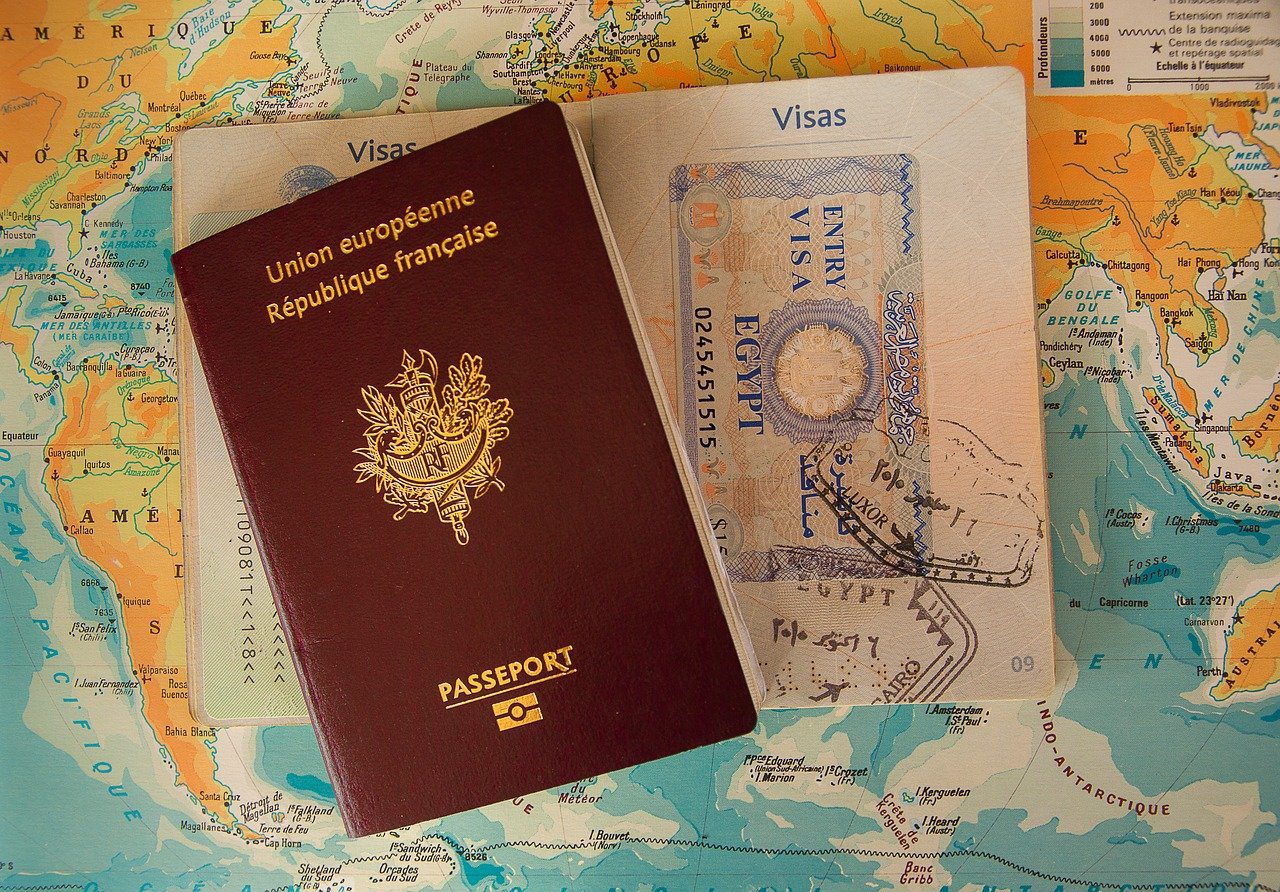
An informal meeting of European Interior Ministers was held in Lille and Tourcoing in northern France on February 2nd and 3rd. The aim of this meeting was to put forward the proposals of Emmanuel Macron’s presidency, as the head of the EU, in favour of border control in the Schengen area.
The ministers decided to create a “Schengen Council,” the first meeting of which will be held on March 3rd in Brussels. The aim will be to put in place a series of indicators to enable the situation at the borders to be assessed in real time. A coordination platform should make it possible to steer the action of the member states and EU agencies more effectively—first and foremost Frontex, the European agency in charge of European external borders, whose role must continue to be strengthened.
The ministers also discussed asylum and immigration issues, a complex negotiation, which has not attracted unanimous support. The unresolved option between a “gradual approach” or “step by step” procedure testifies to the difficulty of reaching a common agreement on a subject that is extremely sensitive to national concerns. Despite the cautious nature of the approach, French Minister of the Interior Gérald Darmanin did not hesitate to communicate to the press that each member state had accepted the principle of compulsory solidarity in two ways: as a binding rule to participate in the relocation of migrants and through an offer of financial support to the countries in the front line–those that receive the most migrants.
But, a spokesman for the Austrian representation in Brussels was quick to deny this: “This is not our position, we do not agree with compulsory solidarity,” he said. “There was only an agreement to negotiate progressively on the issues of asylum and the immigration pact.” The spokesman recalled that no formal decision could, by definition, be taken at an informal council.
Gérald Darmanin referred to the Valletta Agreement, under which several states had agreed, for the first time in 2019, on an orderly distribution of refugees who arrived by boat. But the Valletta Agreement was not binding, unlike the reception or financial participation that Darmanin is asking for in the future.
“We need stronger, more robust external border protection. This is the alliance of reasonable people,” said Austrian Minister of the Interior Gerhard Karner. Austria is part of a group of 16 countries whose main demand is for EU-funded external border fences and walls, especially for Lithuania and Poland. Karner wants to strengthen the protection of the external borders of the EU and believes that agreements on distribution mechanisms are therefore not a priority. Landlocked Austria had the second highest number of asylum applications in Europe in relation to its population last year. “This means that something is not working in the system,” Karner said. For her part, German Interior Minister Nancy Faser preferred to show solidarity with Emmanuel Macron, in favour of an “open and humane” Europe and called for a “coalition of the willing” to receive refugees.
